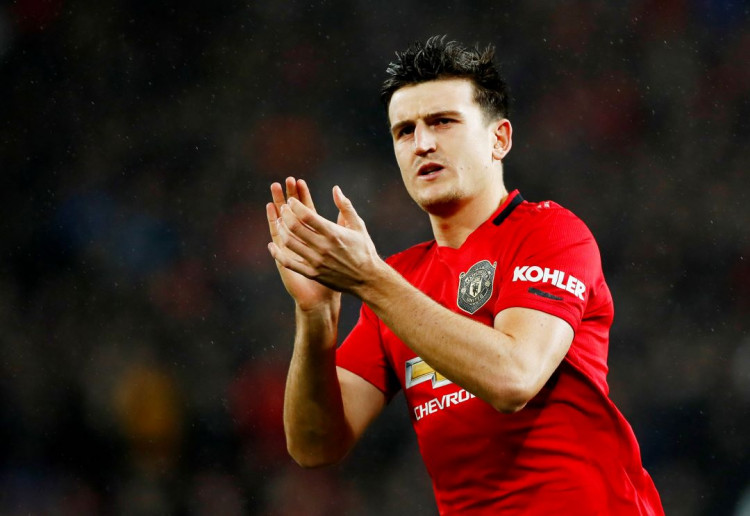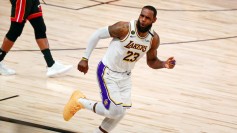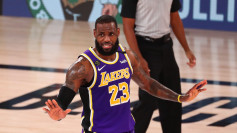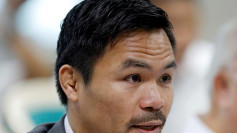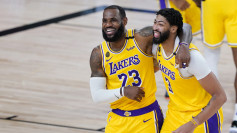Manchester United's recent acquisition of Chelsea's Mason Mount for a hefty £55m ($71m) signals the opening of its summer transfer spending, against a backdrop of significant pressure to bolster its squad following an admission to the Champions League.
Even though the Red Devils made significant progress under coach Erik ten Hag, shelling out over £200m in the last transfer window, experts believe more investment is crucial, particularly in their priority areas - the goalkeeper and striker positions. Conversations are ongoing with Inter Milan's Andre Onana and Atalanta's Rasmus Hojlund, while Bayern Munich's pursuit of Tottenham's Harry Kane does not deter United's interest in the player.
However, the primary hurdle in the path of aggressive acquisition is the club's need to adhere to financial fair play (FFP) regulations. Insider sources report that these constraints have significantly influenced United's spending this summer, given the historical spending record of the club. Every potential deal is being scrupulously examined through a 'financial sausage machine,' in an attempt to balance FFP compliance with their ambitious plans for player procurement.
Unraveling the club's exact FFP standing is not an easy task, but a detailed examination of their publicly available financial records suggests that United is precariously close to the Premier League's FFP limit. The risks associated with breaching these boundaries call for prudent caution in the transfer market. To avoid any potential violation, United must limit their losses to a maximum of £15m over a three-year monitoring period unless secure funding from the club's ownership covers any excess.
Unfortunately, the Glazer family, owners of the club, are notoriously averse to personal investments, which exacerbates United's predicament. The Glazers have made no personal financial contributions since their leveraged buyout in 2005. This funding drought restricts United to the £15m loss limit, a reality that hit home following the £150m pre-tax loss reported during the financially challenging 2021-22 season.
A blend of healthy profits from the pre-Covid era and substantial Covid-related adjustments helped United navigate the Premier League's Profit and Sustainability (P&S) test that year. The club's Covid-19 losses in 2019-20 and 2020-21, which totaled £190m, were averaged and offset, while investments in women's football, youth development, and community work, which are likely in the £50-£60m range over three years, also offered deductions. The club's projected record revenue of £630-£640m this fiscal year would further allay FFP worries.
However, the club faces a conundrum this season, even if they remain on the right side of the limit. The colossal pre-tax loss from 2021-22 will factor into the next three-year monitoring period, and without the Covid-19 adjustments, staying within the limit becomes a more significant challenge. Exceeding the lower £15m P&S limit without secure funding can lead to budget constraints and transfer restrictions. In the worst-case scenario, breaching the higher £105m limit can result in severe penalties such as points deductions.
United's financial balancing act is aptly illustrated by their Champions League qualification for this season. While participation in the elite European competition offers a lucrative revenue stream, it simultaneously elevates the club's wage bill and necessitates compliance with UEFA's financial fair play regulations. The new rules introduced in 2020 focus on three primary elements: solvency, stability, and cost control, presenting an even more challenging bar to clear than the Premier League's.
Old Trafford executives now acknowledge that player sales, especially of those on the periphery of Ten Hag's squad, can create flexibility under FFP and in the transfer market. Several players, including Harry Maguire and Scott McTominay, even if not actively marketed, could potentially be sold for the right price. Also, other likely departures, such as Fred and Dean Henderson, may help reduce the wage burden.
On this note, the club has reportedly placed a £50m price tag on Harry Maguire, who's had a subpar season, making only 16 appearances in all competitions. With coach Ten Hag favoring a combination of right and left centre-backs, the fifth-choice central defender finds himself in a precarious position, despite not being actively shopped around.
With a clear goal of remaining within FFP constraints while enhancing the squad's competitiveness, Manchester United is juggling a complex array of financial and operational considerations, all while walking a tightrope. The full scope of their strategy, success, or potential regulatory breaches will only be revealed with the autumn publication of the club's full-year accounts.
